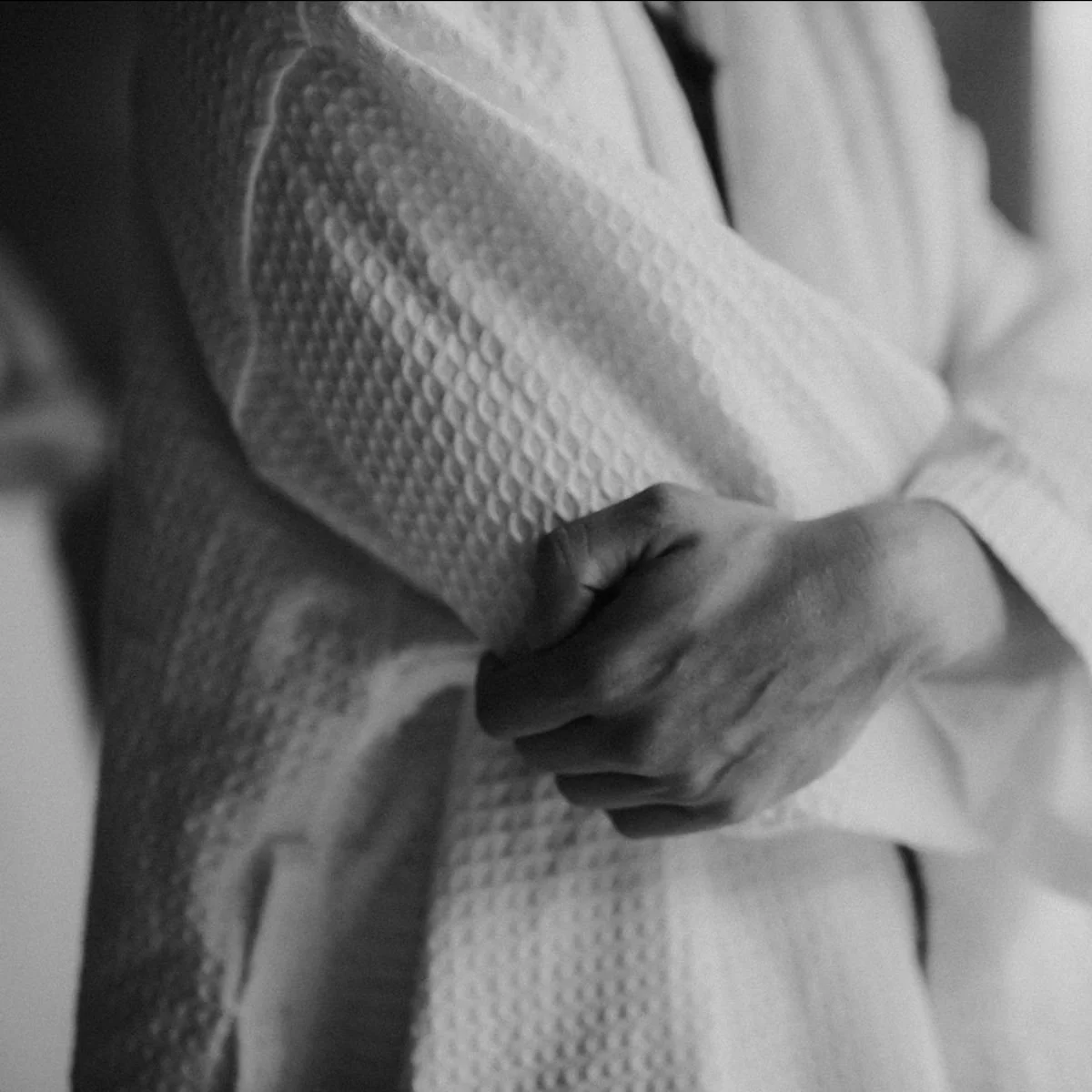Learning to invite winter in
Whether you welcome the seasonal shift or wish for a return to warmer days, there’s no denying that the body feels different in winter. It’s easy to feel disconnected from the seasons when we spend time avoiding the cold, rugged up indoors, and when many of us spend our days at the screen or in the meeting room. Even if we feel a bit more tired, a little sluggish, in the face of the seemingly endless pressure for productivity, the inadvertent championing of ‘pushing through’ and overworking, it’s easy to feel disappointed when we can’t keep up, when our bodies seem to ask us to slow down. We mistake fatigue for failure, rest for regression.
In her beautiful book Wintering, the writer Katherine May considers that just like the flora and fauna we live amongst, who hibernate or stop flowering through the winter in order to survive and flourish in spring, our human bodies have different needs and cycles in winter. This process of ‘wintering’ can also mirror cycles in our lives: unsettling events, upsets, illness, break-ups, or simply the slower, less-energised days we feel from time to time. May’s book is full of gentle wisdoms: ‘We must learn to invite the winter in... We may never choose to winter, but we can choose how.’ May finds a metaphorical connection between natural seasonal downtime and times in our lives that call for rest or resetting: ‘Wintering is a fallow period in life…perhaps it results from an illness [or] perhaps you’re in a period of transition.’
Across the world, cultures embrace winter in different ways. In Traditional Chinese Medicine, winter is seen as a time of yin while summer is one of yang. Ways to nourish yin energy in winter include getting more sleep and rest, eating warming foods and perhaps going a little inwards - meditating, journaling, leaning into creativity - if that’s what feels right. Many cultures also embrace the balance of hot and cold through spas, saunas and ice bathing. In colder climates like Finland, Iceland and Russia, regular saunas keep the body warm through winter, while occasional outdoor ice baths maintain a bodily connection to the seasons in all its elements.
Two scientists from Brandeis University who research the body’s circadian rhythm describe how there are ‘morning’ and ‘evening’ cells that alternate leading roles depending on the time of day: ‘it is evening cells' job to register when darkness falls, while morning cells must take note of first light. As days shorten with winter, the circadian network responds biochemically to mark the change. It will then anticipate a shorter period of sunlight and a longer period of darkness in the following 24 hours.’ This means our body clocks automatically adjust to winter, and can explain why we might need more sleep during the colder months.
In Wintering, May describes how ‘In our relentlessly busy contemporary world, we are forever trying to defer the onset of winter’, whether that’s denying how it makes us feel, or ignoring the greater need of quiet, secluded time in the face of hardship. She calls ‘doing those unfashionable things - slowing down, letting your spare time expand, getting enough sleep, resting’ radical acts that are nevertheless essential. Being okay with rest, accepting fluctuating energy levels and the fallow times in productivity not only seem vital, but also completely natural.
Words by Katherine Brabon

